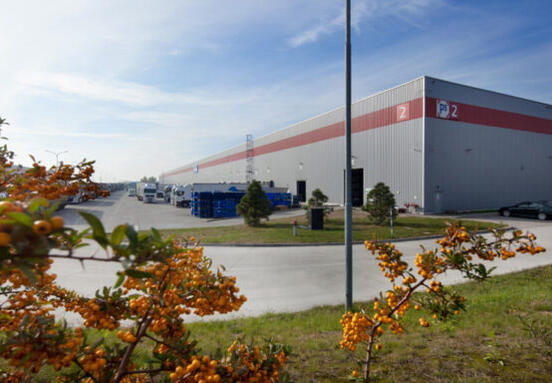Logistics Firms Approach ESG with Caution
According to the FM Logistic report 'Performance and Sustainability Paradox in Supply Chains', logistics companies are adopting ESG initiatives with caution. A significant factor is the concern over high initial investment costs, cited by 60% of respondents. Despite the increasing recognition of sustainability's importance, the primary motivation for 56% of firms remains cost savings and efficiency gains.
Short-Term Gains vs. Long-Term Vision
This focus on short-term profits appears to be hindering long-term ESG planning within the sector. However, there's a strong consensus, with 94% of experts believing that sustainability and efficiency are complementary goals. Collaboration across the supply chain is also seen as critical for achieving these objectives, supported by 86% of those surveyed.
The Need for Expertise and Support
The report also points to a lack of specialized and technological expertise within many companies, suggesting a need for external support. This gap highlights the value of partners, including landlords and real estate providers, who possess the knowledge and infrastructure to support sustainable logistics operations.
Implications for Businesses Seeking Space
For businesses looking to rent office or warehouse space, these trends are significant. Choosing a facility in a modern, energy-efficient building aligns with both long-term sustainability goals and short-term efficiency targets. Furthermore, partnering with landlords or developers who are committed to ESG principles can provide the necessary expertise and infrastructure, mitigating the internal knowledge gap identified in the report. Understanding the logistics sector's evolving approach to ESG can help businesses make informed decisions about their physical space requirements and supply chain partners, balancing performance needs with sustainable practices.
Source: systemylogistiky.sk






